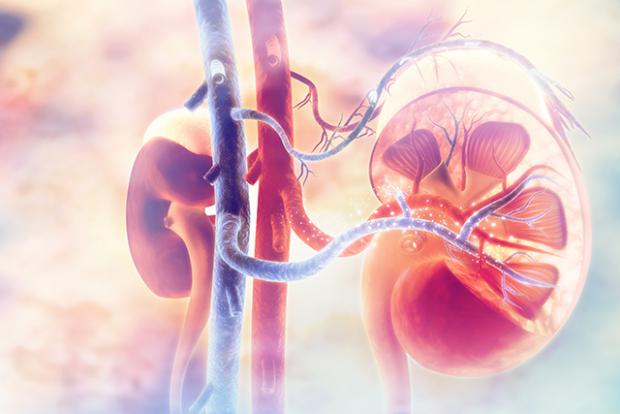
Breaking News
 Voter Fraud Is About To Explode: ITS BLOWING UP IN THEIR FACES thanks to Trump and Tulsi
Voter Fraud Is About To Explode: ITS BLOWING UP IN THEIR FACES thanks to Trump and Tulsi
 Ahead of US-Iran Talks, Netanyahu Tells Cabinet 'Conditions' Could Lead to Regime Change...
Ahead of US-Iran Talks, Netanyahu Tells Cabinet 'Conditions' Could Lead to Regime Change...
 SpaceX Authorized to Increase High Speed Internet Download Speeds 5X Through 2026
SpaceX Authorized to Increase High Speed Internet Download Speeds 5X Through 2026
 Did Brussels Interfere In Europe's Elections? Fallout Spreads
Did Brussels Interfere In Europe's Elections? Fallout Spreads
Top Tech News
 How underwater 3D printing could soon transform maritime construction
How underwater 3D printing could soon transform maritime construction
 Smart soldering iron packs a camera to show you what you're doing
Smart soldering iron packs a camera to show you what you're doing
 Look, no hands: Flying umbrella follows user through the rain
Look, no hands: Flying umbrella follows user through the rain
 Critical Linux Warning: 800,000 Devices Are EXPOSED
Critical Linux Warning: 800,000 Devices Are EXPOSED
 'Brave New World': IVF Company's Eugenics Tool Lets Couples Pick 'Best' Baby, Di
'Brave New World': IVF Company's Eugenics Tool Lets Couples Pick 'Best' Baby, Di
 The smartphone just fired a warning shot at the camera industry.
The smartphone just fired a warning shot at the camera industry.
 A revolutionary breakthrough in dental science is changing how we fight tooth decay
A revolutionary breakthrough in dental science is changing how we fight tooth decay
 Docan Energy "Panda": 32kWh for $2,530!
Docan Energy "Panda": 32kWh for $2,530!
 Rugged phone with multi-day battery life doubles as a 1080p projector
Rugged phone with multi-day battery life doubles as a 1080p projector
 4 Sisters Invent Electric Tractor with Mom and Dad and it's Selling in 5 Countries
4 Sisters Invent Electric Tractor with Mom and Dad and it's Selling in 5 Countries
Urinary stones: Tips for prevention and holistic relief

• Urinary stones develop from crystallized minerals (calcium oxalate, uric acid) in concentrated urine, causing severe pain, nausea, vomiting and blood in urine.
• Dehydration, high-oxalate diets, excessive vitamin D and thyroid meds, processed sugars, animal protein and genetic predisposition all contribute to stone formation.
• Untreated stones can block urine flow, leading to infections, kidney damage or sepsis, thus requiring immediate medical intervention.
• Conventional medicine uses painkillers, lithotripsy or surgery, while holistic approaches (hydration, herbal remedies like marshmallow root, skullcap) ease passage and prevent recurrence.
• Staying hydrated, reducing salt and oxalates intake and managing stress can help prevent urinary stones.
Urinary stones – small, crystalline formations that develop in the urinary tract – are notorious for causing excruciating pain, often described as one of the worst physical experiences a person can endure. These hardened mineral deposits can form anywhere from the kidneys to the urethra, triggering symptoms ranging from sharp, radiating pain to nausea, vomiting and blood in the urine. While modern medicine offers treatments such as painkillers, lithotripsy or surgery, prevention remains the best strategy. Traditional Chinese Medicine (TCM) and holistic approaches also provide relief, emphasizing hydration, diet and natural remedies to reduce recurrence.
Understanding urinary stones: Causes and symptoms
Urinary stones develop when minerals like calcium oxalate, uric acid or calcium phosphate crystallize in concentrated urine. Dehydration, dietary imbalances, genetic predisposition and certain medications (such as thyroid drugs or excessive vitamin D supplements) can contribute to their formation. Once a stone begins moving through the urinary tract, it can cause severe pain – often localized below the ribs – that may spread to the lower abdomen, groin or the leg. Additional symptoms include nausea, vomiting, fever, chills and visible or microscopic blood in the urine.



